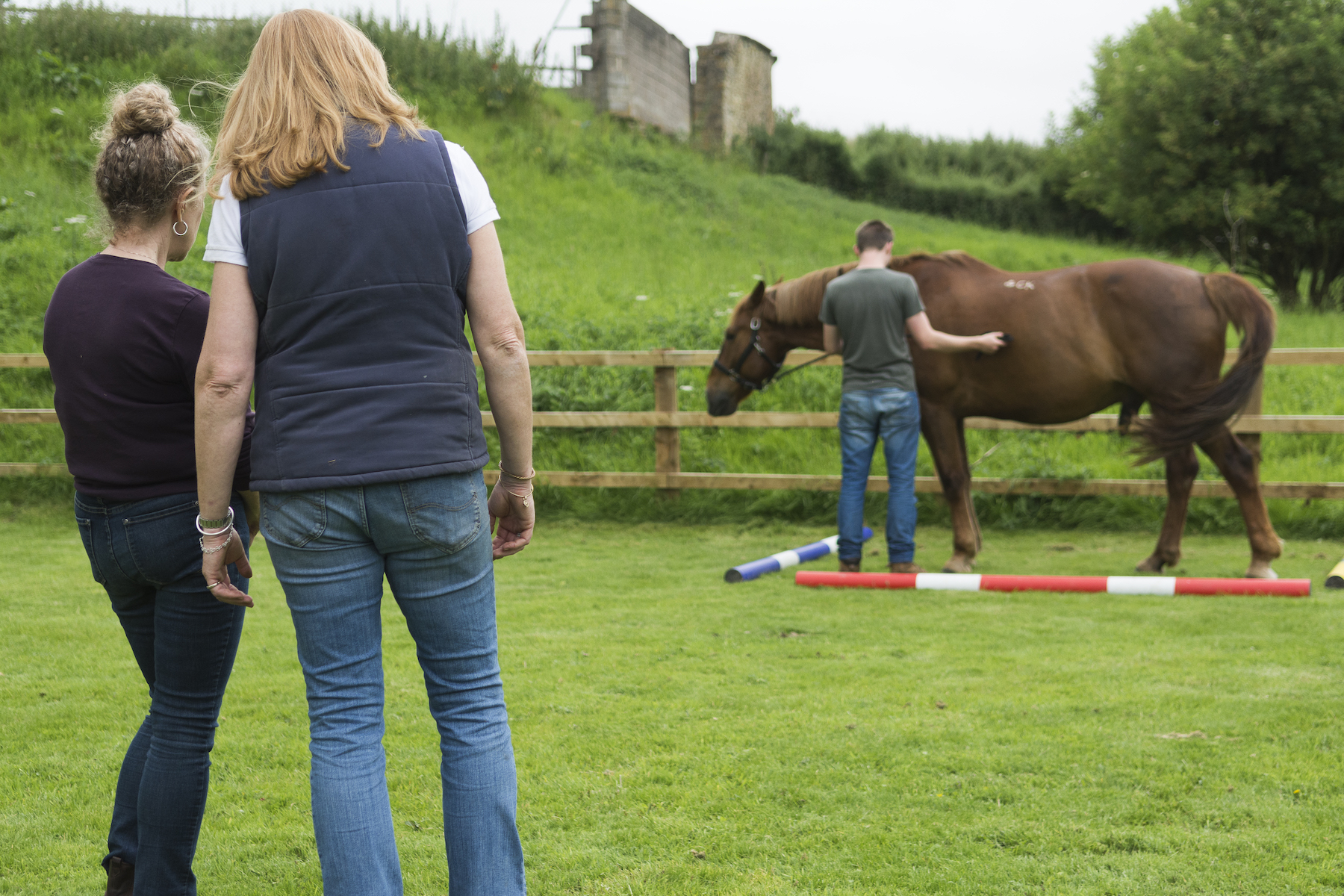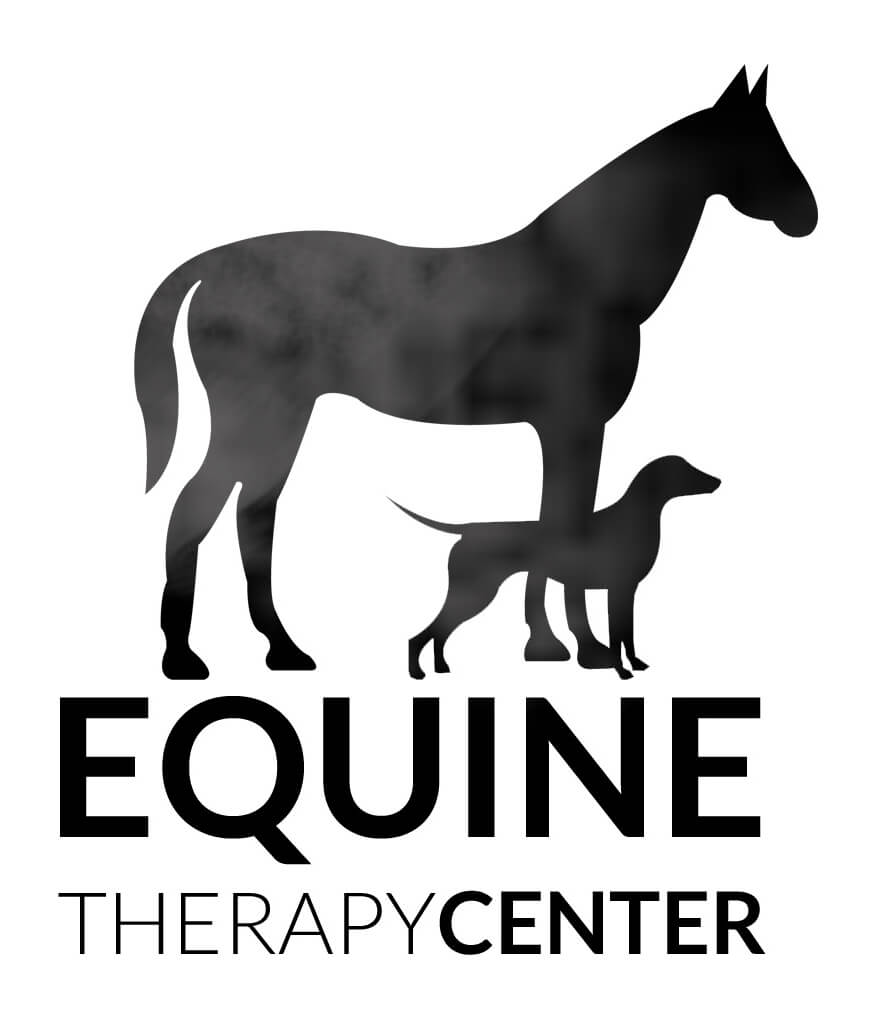How we support you
The practice of therapeutic work with horses has proven success in treating mental health, emotional, behavioural and relationship issues. We offer three types of therapy: Equine Facilitated Psychotherapy; Equine Facilitated Learning & Coaching and Therapeutic Horsemanship. This suite of therapies allows us to help a wide range of clients from those with complex trauma, to people needing a coaching level of support, to children and adults who are not ready for an intensive level of intervention.
Incorporating horses into a therapeutic programme can aid emotional growth, learning and healing. Therapists and factilitators in our highly qualified team will first identify specific treatment goals, objectives and interventions. Sessions are then structured to directly address the client’s reasons for coming to ETC.
During sessions, you will be supported to take the initiative, make decisions and be accountable for the results. Participants learn about themselves and their relationships with others by engaging in activities with the horses, then processing and discussing thoughts, beliefs, behaviours and patterns with their therapist.
Non-verbal communication, assertiveness, creative thinking, problem-solving, leadership, taking responsibility, teamwork, relationships, confidence and attitude are some of the skills developed through therapeutic work with horses.

Therapeutic Services we offer
At ETC, we treat a wide variety of conditions and challenges:
Select a topic for more info
Addiction – People struggling with, or recovering from addictions often have significant trust issues, arising from long-term adverse experiences in their relationships. We help them become more aware of themselves and the incongruence in their lives, establishing physical and emotional safety as the foundation for successful recovery. Horses offer a truly safe emotional attachment experience, free of power or control issues and, for many of our clients, may well be their first such experience.
Adoption, care experience & attachment disorders – Most people adopted in recent decades or with experience of living in care will have experienced significant trauma in their early childhoods, with potentially lasting impacts on relationships, learning, and physical and mental health. For people whose early experience of others was that they are either frightened or frightening, horses offer a fresh, non-judgemental and non-confrontational relationship in which to explore issues of trust, shame, anger and fear.
Anger management – Anger can motivate us to change but it can become a problem if it harms you or another person. People express or feel anger differently. Some become outwardly aggressive, shouting, throwing things or threatening. Others are inwardly aggressive, with very negative thoughts, sometimes self-harming or not taking care of themselves properly. Anger can also be more passive, refusing to speak, integrate or acknowledge people or deciding not to follow requests. If you feel that anger is regularly defining you and having a negative effect on your life or those around you, it might be time to get some help.
Anxiety & stress disorders – People experience anxiety in many different ways, from finding everyday life overwhelmingly difficult, to intrusive thoughts about people and situations. People suffering from an anxiety disorder experience persistent or severe fear or worry in situations where most people wouldn’t feel threatened. Anxiety can involve a wide range of physical symptoms as well as mental ones. If anxiety is stopping you living your life or interfering with your relationships, we can help.
Dementia – Those with the onset of dementia face significant challenges that include loss of self, acute distress from specific situations or triggers and overwhelming anger as they move in and out of being fully present. By working with horses it is possible to improve quality of life, helping people out of the recurring loop of bad memories, moving them on from constant anger, giving them the opportunity to live a more fulfilled life.
Depression – Typical symptoms of depression include low or irritable mood, difficulty
sleeping, lack of enjoyment of everyday pleasures, feeling restless, low self-esteem, suicidal thoughts. There are two types of depression that can affect all ages – major depression and dysthymia. Major depression lasts at least two weeks and can be triggered by a traumatic event. Dysthymia is less severe but chronic. By working with horses that might seem “big and powerful”, we help our clients understand their thought processes, teaching them valuable lifelong techniques to feel safe, such as setting boundaries and staying present.
Eating disorders – Equine Facilitated Therapy can be a powerful intervention for those dealing with eating disorders. Our programme involves weekly sessions working with the horses to help our clients establish stronger personal boundaries, develop greater self-confidence, improve self-esteem, improve communication and practice being ‘present in the moment’. A client may be with us for only a short time, for a programme of 12 – 18 sessions, or they might need a longer-term programme of intervention.
Family therapies – Family therapy can help family members to identify, express and explore difficult or distressing thoughts and emotions safely. Children, couples and others in close relationships can be helped to better understand each other’s perspectives. The therapist will help identify, define and build on strengths to support positive changes by everyone, helping to transform the whole family unit. Sessions may include the whole family together or focus on one or more individuals at a time.
Neurodiversity – Those living with neurodiversity such as Autistic Spectrum Disorder, ADHD, FASD and Tourette’s Syndrome can all benefit greatly from therapeutic work with horses. Work with our horses encourages the ability to regulate and self-soothe and develop skills to cope more effectively with life. Our therapists use a wide range of equine, arts, creative or nature-based activities to develop social skills and interactions in a supported, safe environment.
PTSD – It is not only military veterans and “First responders” who can suffer from PTSD. Those who have suffered abuse, neglect and other traumas as children can also be impacted by this often-crippling disorder. No matter its origin, work with horses can be a powerful tool in the healing process, helping a client learn and practice beneficial self-soothing skills when feeling overwhelmed. We may also work on other PTSD symptoms such as decreasing impulsive behaviours and increasing focus, both hallmarks of hyper-vigilance.
Counselling and Psychotherapy
The Equine Therapy Center has a growing team of affiliated non-equine counsellors and psychotherapists who work either as part of an equine facilitated therapy (EFT) programme, or completely separately under their own specialisation. They are trained to be empathetic listeners, non-judgemental and open, offering individual sessions in a confidential, safe and secure environment. During your counselling you will be encouraged to explore and talk about your feelings and emotions, at a pace that works for you.
Non-equine therapies are conducted through ETC’s affiliate company, The Therapy Center Limited.
